Does it help to know your type? The notion of personality preferences is not controversial - we all have our likes and dislikes - but the notion that we fit into a "type" or a "style" is controversial because it suggests that once I know your type, I can make predictions about you. It means that I can suggest what kind of world where you should live, work, and love in order to optimize your happiness and productivity (1). People also resist personality typing because it means that they should fit into a box drawn by a dead white guy. (It's worth noting that MBTI was created by a mother-daughter team and they had no training in psychology Academics hate it for that reason too!) Nonetheless, tests of styles, and types are very, very popular - especially in business, education, and fashion magazines. There are tests for management styles, learning styles, attachment styles, productivity styles, conflict styles, leadership types, and so many more. The idea that once you know your type or style, you can tailor your life to match it is big business!
References & Resources
0 Comments
I stumbled onto the concept of Conscious Capitalism when I attended a Local First AZ event in Tucson in a few months ago. Since then, I have had the opportunity to clarify my higher purpose (to inspire people to take more creative risks that matter), meet dozens of conscious capitalists from around the world, and capture many, many big ideas as visual notes. I have to admit that I am a bit skeptical of anything with the word "capitalism" in it because I spent so many years teaching about the damage that big business has done to people and the planet. However, after attending the three-day conference and a couple of evening events in Phoenix, I think these capitalists are on a different path. I really do. First, many of these people introduce themselves by starting a conversation about their passions, such as plant-based foods, sustainable banking, or teaching organizations to think consciously, rather than trying to sell you their product. Second, it feels like they put relationships first and their egos second. Nearly everyone I have met at the local chapter meetings and the national conference is so excited about the future of business - of elevating individuals, communities, and supporting the environment in some way - that the conversations flow really easily. Third, the process of defining a company's higher purpose and building a culture to support it is not an easy or quick task - so they are hard workers who are in it for the long haul. If you're intrigued by the idea of Conscious Capitalism, you should check out three things:
I attended a Local First AZ workshop last week in Tucson that was partially an excuse to drive deep into the Sonoran Desert during wildflower season and partially a great opportunity to meet local business people. Who knew that sitting in a furniture showroom for two hours with strangers could change my perspective on capitalism? Let me explain... The event was focused on Conscious Capitalism, which is a business philosophy that was articulated by John Mackey (the founder of Whole Foods Market) and Raj Sisodia in a book of the same name. In my words, Conscious Capitalism is the idea that free trade is good for communities, individuals, and the planet when it exists to serve a higher purpose - such as helping people eat better foods or supporting local communities or making the world a more creative place - not just to make money for shareholders. Conscious Capitalism proposes that business should seek a higher purpose and consider how business decisions impact all STAKEholders (customers, employees, suppliers, shareholders, mama earth), NOT just corporate SHAREholders. The book is a quick and interesting read. As an entrepreneur with a background in ecology and 10+ years teaching university students about sustainability, Conscious Capitalism seems like the kind of business philosophy that I would have taught if it had occurred to me to teach about business at the university (maybe I'll go back and do that in a few years :). While I had not articulated a clear philosophy for my business, I find myself moving towards more conscious business decisions as I become more profitable. I'm giving away my time through the Contagious Creativity Awards. I try to treat my best customers like dear friends. I use the most environmentally- and human-friendly markers that I can find (refillable Neuland markers) and draw on recyclable surfaces whenever possible. I am planning to attend several Conscious Capitalism meetings in Arizona over the next month and I look forward to learning more! If you are curious about this philosophy - and the people who are turning it into a movement - you can watch this TEDx talk by Adam Goodman and attend the international conference in Phoenix at the end of April. So, does this make me a “visual learner”? When people talk about learning styles, they often refer to people who prefer to learn from visual information (i.e., drawings, photographs, diagrams, and illustrations) and people who prefer to learn from verbal information (i.e., spoken words, written stories, and text-based instructions). Hence the suggestion of two learning styles: “visualizer” and “verbalizer”. These two styles have received a lot of attention from academic researchers, parenting journals, and Facebook quizzes, but they are only two among dozens of learning styles have been described over the years (e.g., Myers-Briggs, Kolb’s Learning Styles, Gardner’s Multiple Intelligences, etc.). It seems to give people reassurance when they believe they know how they learn best. Parents are also drawn to the idea that if their children are taught in their preferred learning style, they will do better in school and go on to live more successful lives. However, the science suggests that it is not this simple (1). Educational psychologists have documented that people do indeed prefer visual or verbal information and to some degree these preferences are related to their cognitive ability with visual or verbal information (2). Scientists determine someone’s preference by giving them a quiz that asks questions like: “when you read science lab manual, do you prefer to look at the diagrams or read the text?” Once they know a person’s preferred style, they can validate that preference by offering them the choice of multiple types of information (i.e. diagrammatic or text-based help on a quiz) and determining if their choices match their preference (1). Once researchers demonstrate that people reliably prefer one type of information over another, they need to figure out if people learn better in an environment that emphasizes the type of information that they prefer (3). This distinction – switching from identifying the information I prefer to the information that helps me learn – is what separates a learning preference from a learning style. Researchers call this the “meshing hypothesis” and is the most common way to test for the existence of learning styles (4). Tests of the meshing hypothesis have come up empty-handed. Students do not score better on quizzes after they have been taught in their preferred style (5, 6). In one study, the researchers found that all learners performed slightly better on a quiz about lightning formation when they were presented with visual information, regardless of their learning preference. It seems that students can adapt to accommodate any type of information presentation. While there is not much scientific support for the meshing hypothesis, there is support for the idea that the teaching method should match the content being taught (7). For example, how effective would it be to teach:
The idea of learning styles is very compelling because it speaks to our human desire to understand ourselves and be understood. However, it is important to understand the difference between preferring visual information and learning more effectively from visual information because if you believe too strongly that you need visual information to learn, you could miss out on a lot of exciting ideas that are best described in only in words! Resources & References
People who see Moline Creative work live, either working as a visual process facilitator or a visual note-taker, often ask how they can learn these skills. I always recommend these two AMAZING books for people who would like to work visually:
I have included links to purchase these books from Better World Books (a super cool online used - and new - book retailer), but you can purchase them everywhere wonderful books are sold.
|
Details
Categories
All
Angie B. Moline
Dr. Moline is an ecologist and visual process facilitator who draws pictures to help clients think. She is currently on a quest to understand why live drawings are so compelling and how to make them as sticky as possible in order to improve communication, understanding, and memory. Follow here journey here! |
strategy
innovation
Communication
Clients & Case Studies
philanthropy
ABOUT US
|
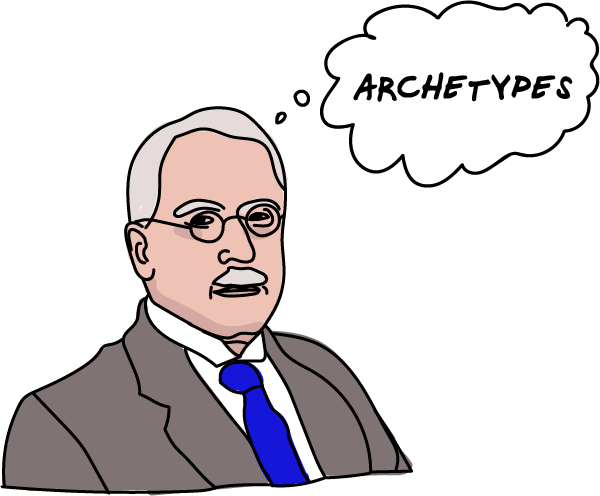
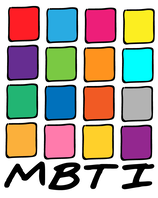
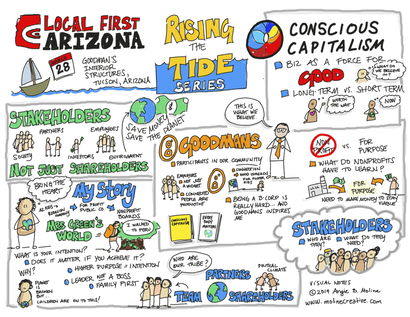
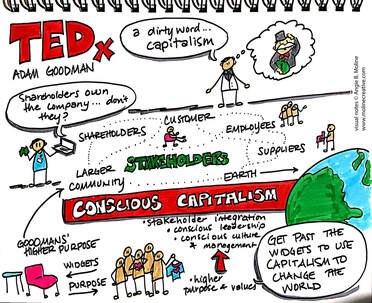


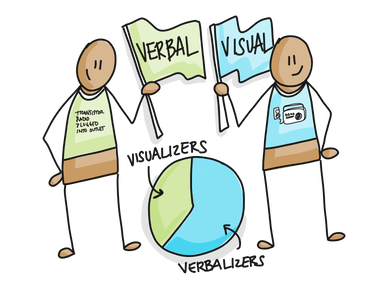
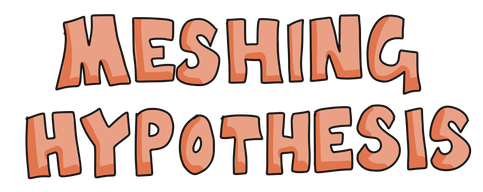
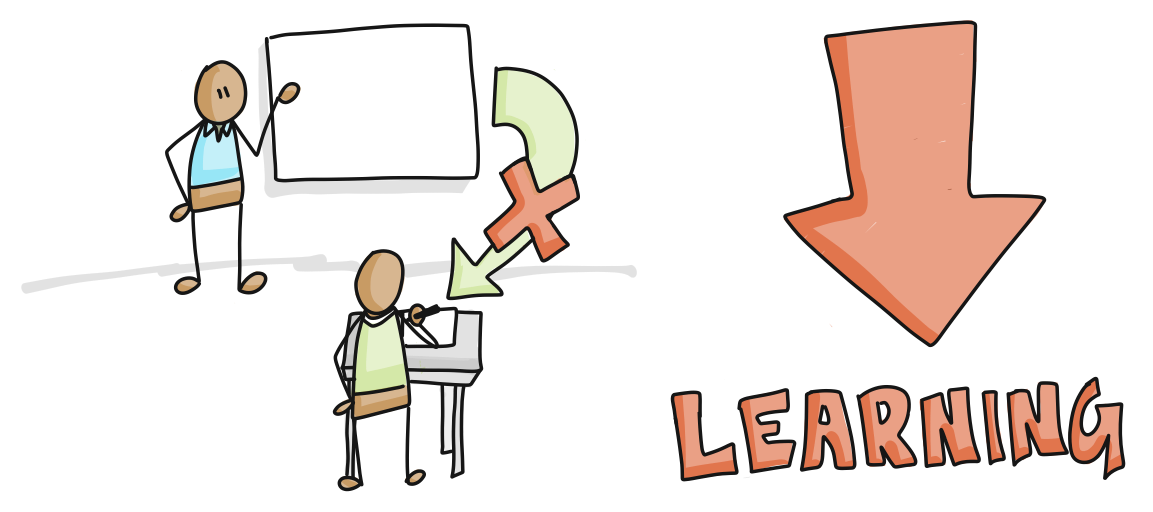
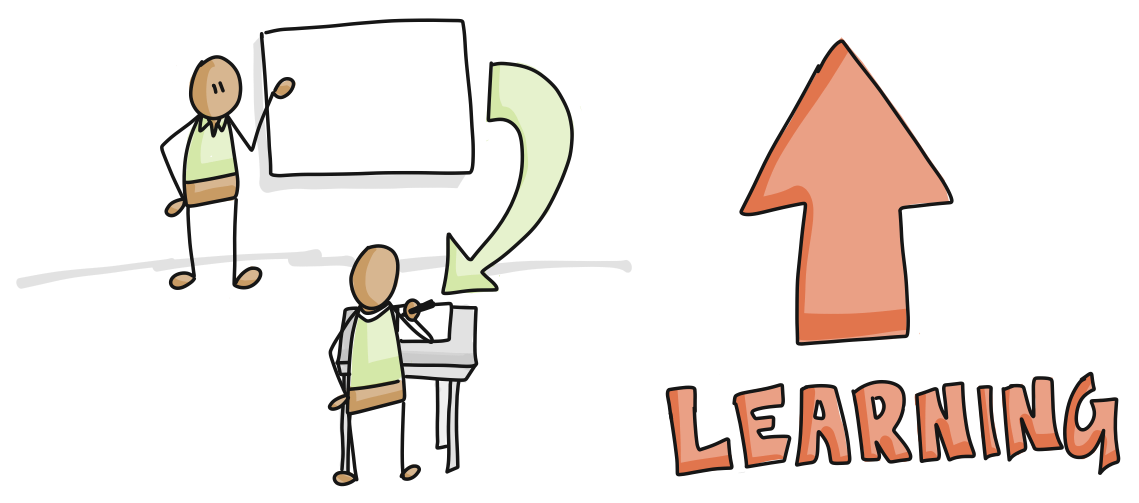
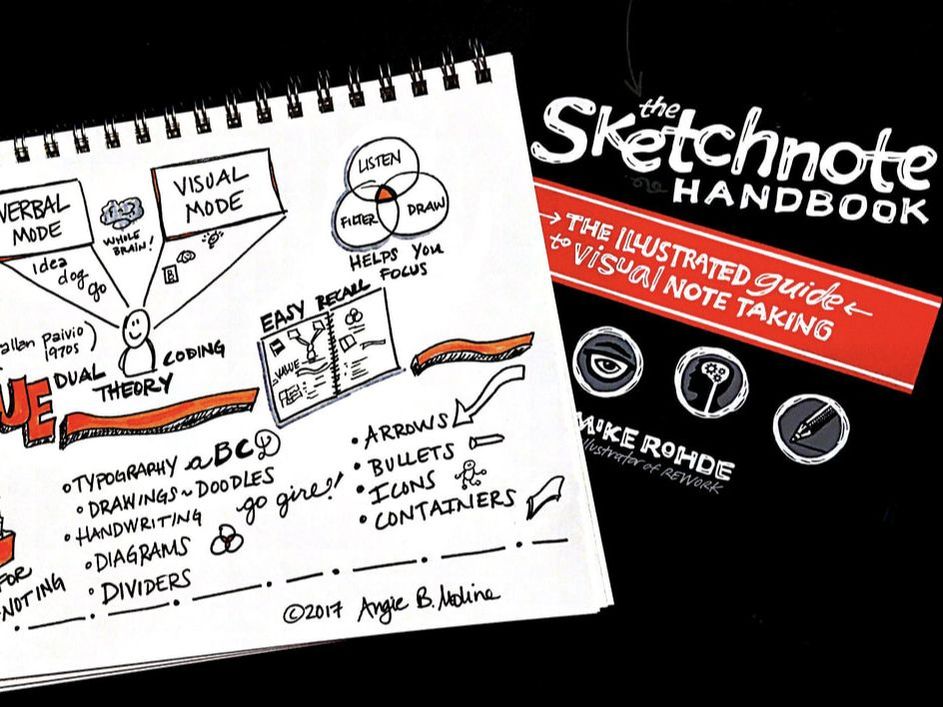
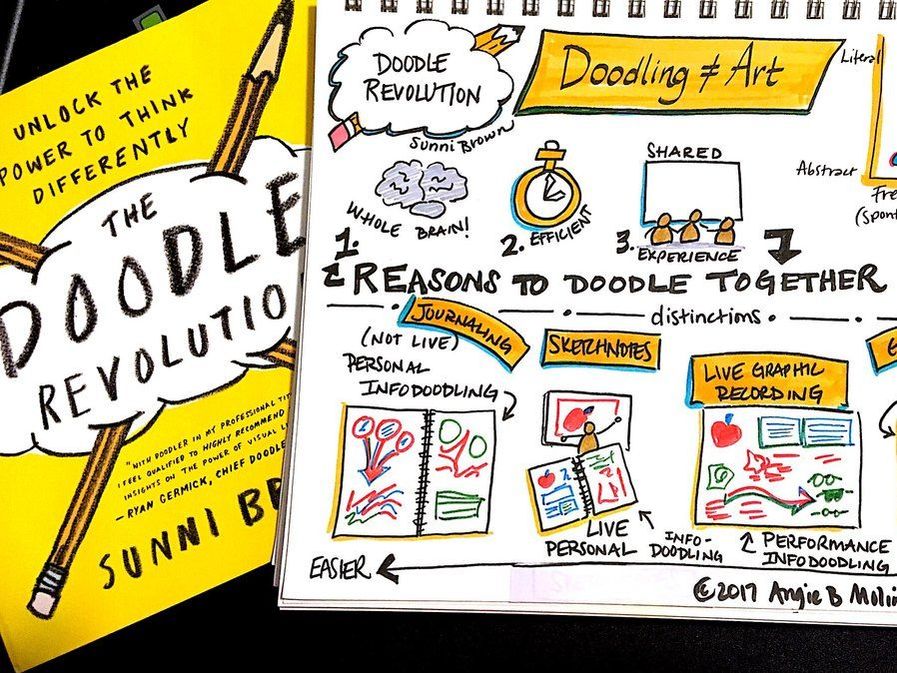
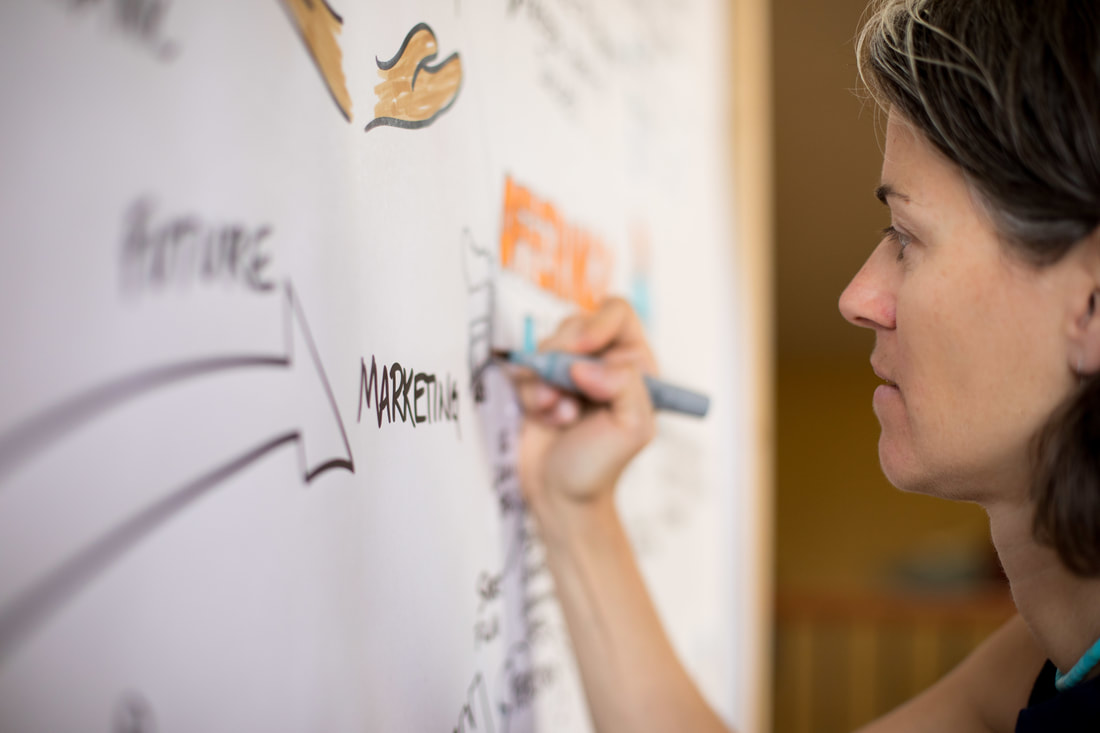
 RSS Feed
RSS Feed




